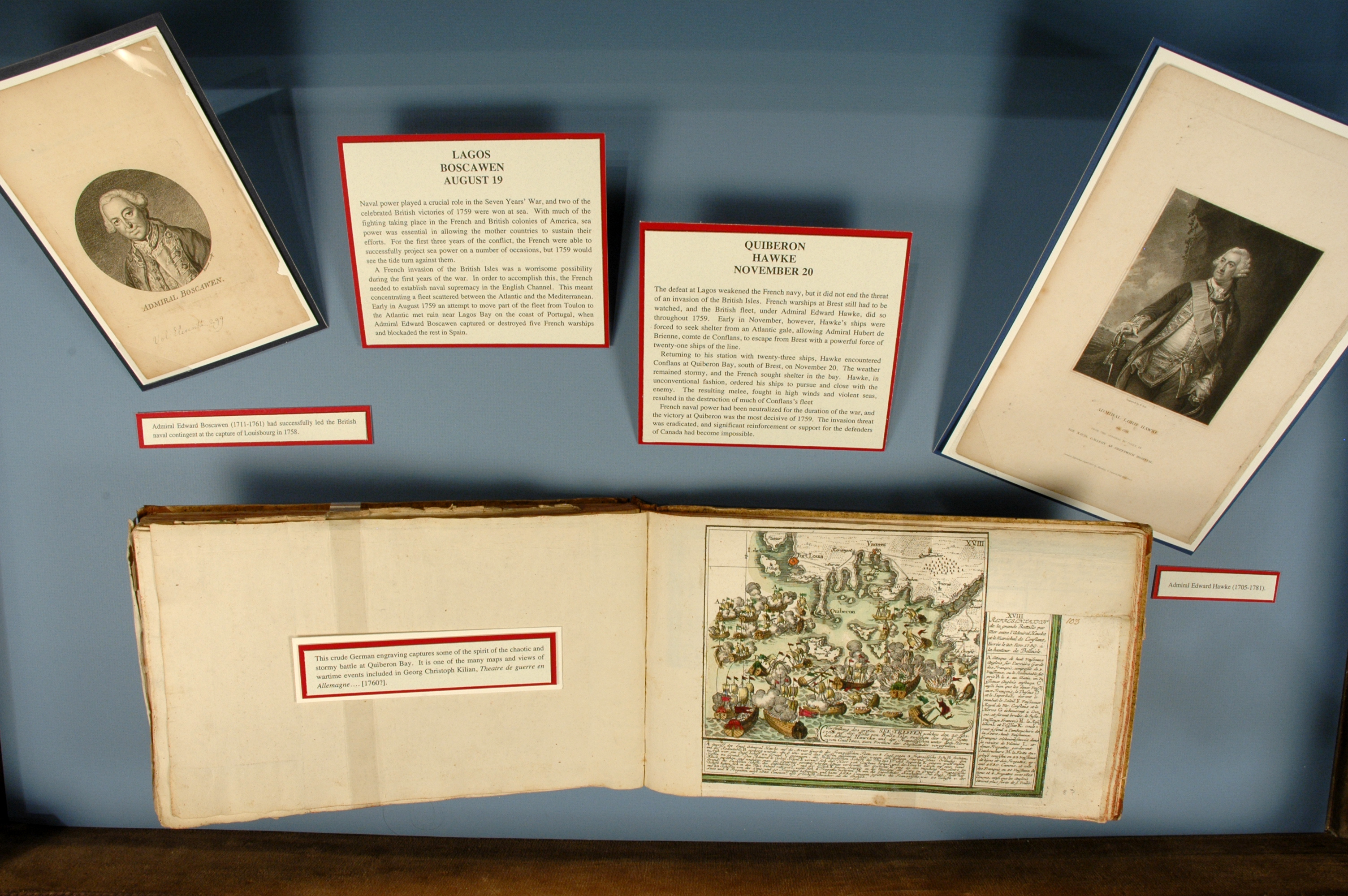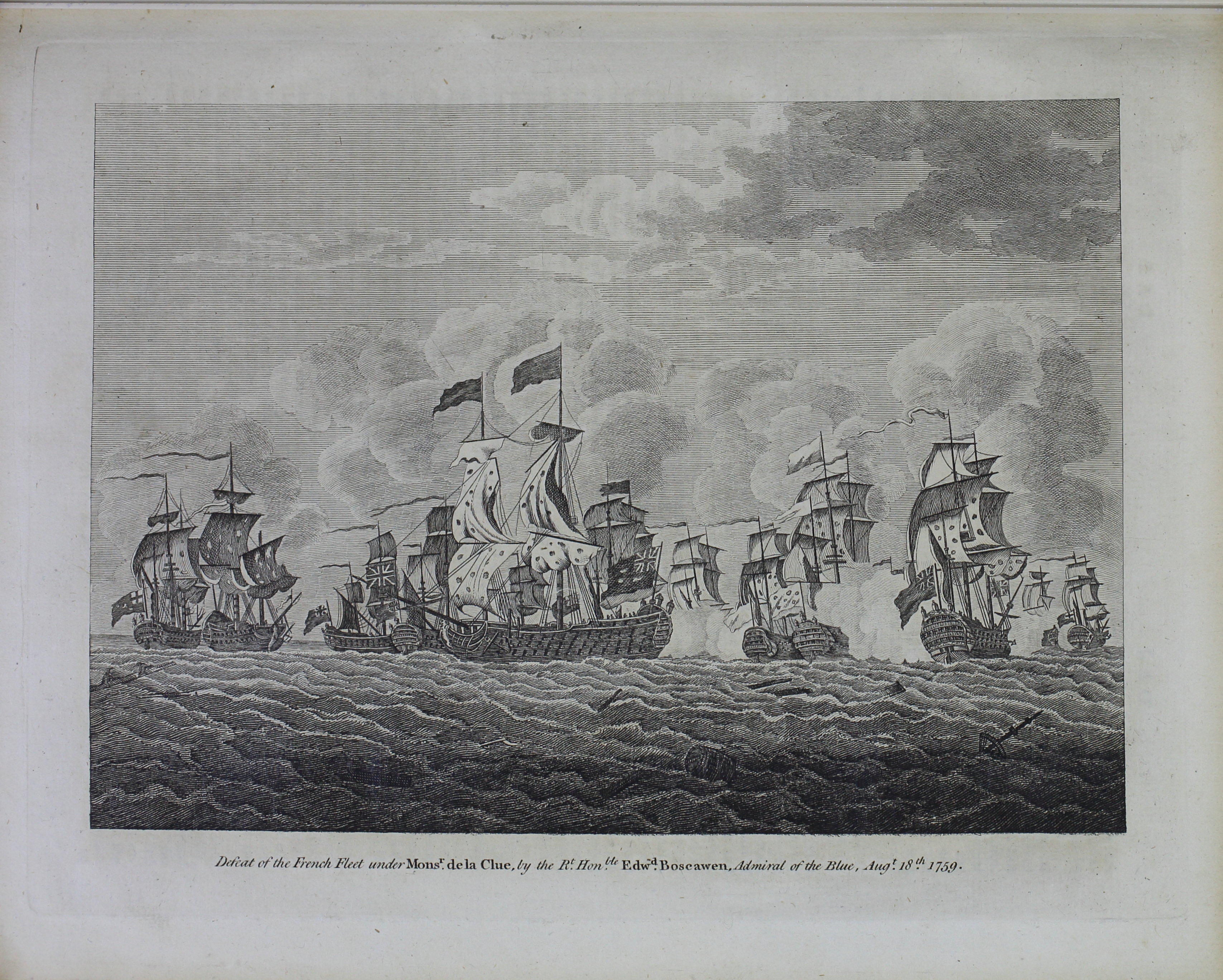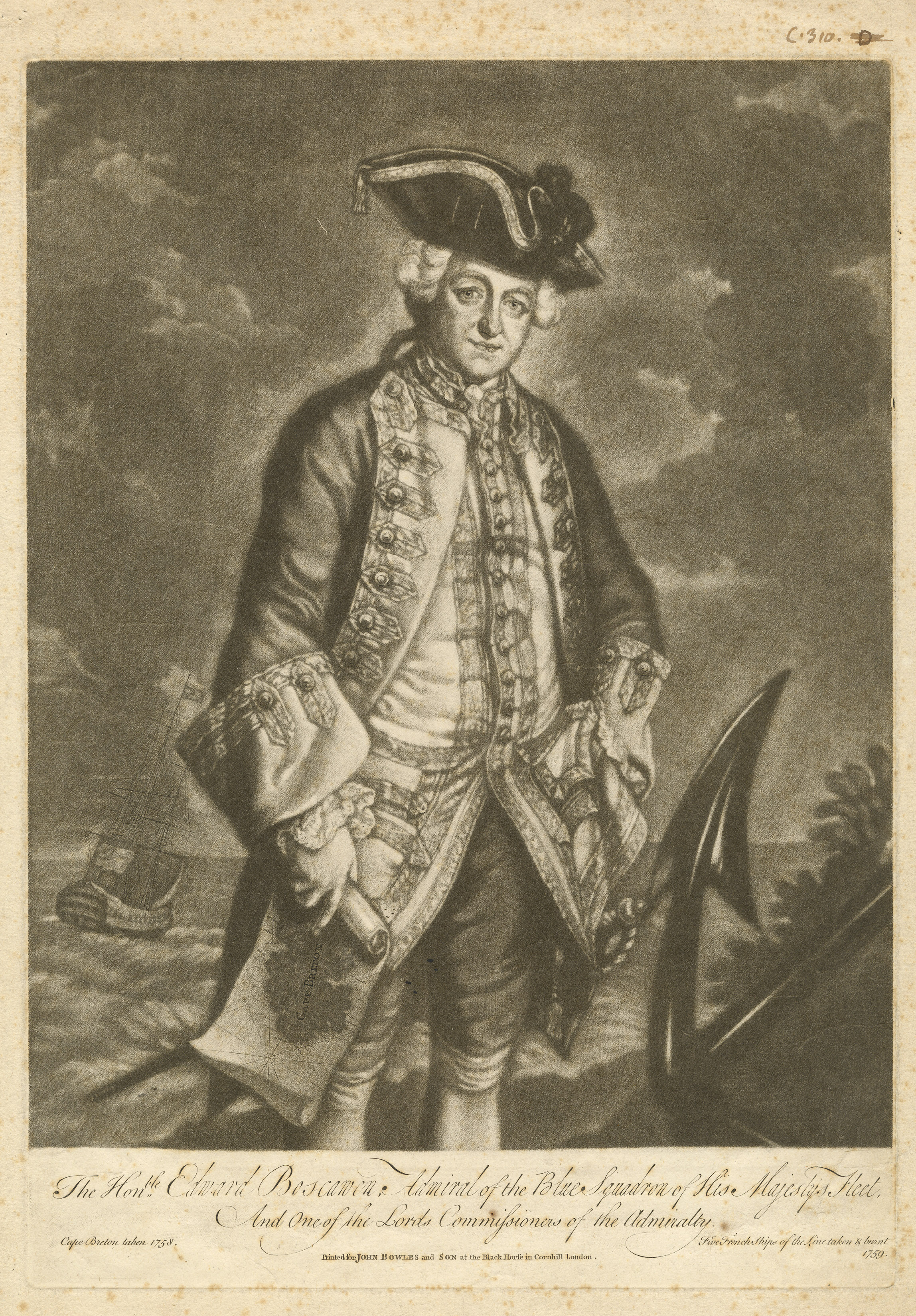Case 15a
Contents
Case 1: 1759 Britain's Year of Victories
Case 2: The American Campaign of 1759
Case 3: Niagara~Johnson~July 25
Case 4: Niagara~Johnson~July 25
Case 5: Niagara~Johnson~July 25
Case 6: Crown Point~Amherst~August 4
Case 7: Crown Point~Amherst~August 4
Case 8: Crown Point~Amherst~August 4
Case 9: Québec~Wolfe, Monckton, Townshend~September 13 & 18
Case 10: Québec~Wolfe, Monckton, Townshend~September 13 & 18
Case 11: Québec~Wolfe, Monckton, Townshend~September 13 & 18
Case 12: Québec~Wolfe, Monckton, Townshend~September 13 & 18
Case 13: Guadeloupe~Barrington & Moore~May 11
Case 14: Minden~Ferdinand~August 1
Case 15a: Lagos~Boscawen~August 19
Case 15a: Lagos~Boscawen~August 19
Naval power played a crucial role in the Seven Years’ War, and two of the celebrated British victories of 1759 were won at sea. With much of the fighting taking place in the French and British colonies of America, sea power was essential in allowing the mother countries to sustain their efforts. For the first three years of the conflict, the French were able to successfully project sea power, but 1759 would see the tide turn against them.
Defeat of the French Fleet under M. de la Clue, by the Rt Honble Edwd Boscawen, Admiral of the Blue, Augt 18th 1759. Copperplate engraving in The Field of Mars: being an Alphabetical Digestion of the Principal Naval and Military Engagements in Europe, Asia, Africa, and America, Particularly of Great Britain and her Allies from the Ninth Century to the Peace of 1801.London, 1801. Book Division, C2 1801 Fi.
A French invasion of the British Isles was a worrisome possibility during the first years of the war. In order to accomplish this, however, the French needed to establish naval superiority in the English Channel. This meant concentrating a fleet scattered between the Atlantic and the Mediterranean. Early in August 1759 an attempt to move part of the fleet from Toulon to the Atlantic met ruin near Lagos Bay on the coast of Portugal, when Admiral Edward Boscawen (1711-1761) captured or destroyed five French warships and blockaded the rest in Spanish ports.
The Honble Edward Boscawen, Admiral of the Blue Squadron of His Majesty’s Fleet, And One of the Lords Commissioners of the Admiralty. Mezzotint. London, [1759]. Graphics Division, Prints F-4.
Boscawen, victor of the Battle of Lagos, had led the British naval force at the capture of Louisbourg in the summer of 1758.





